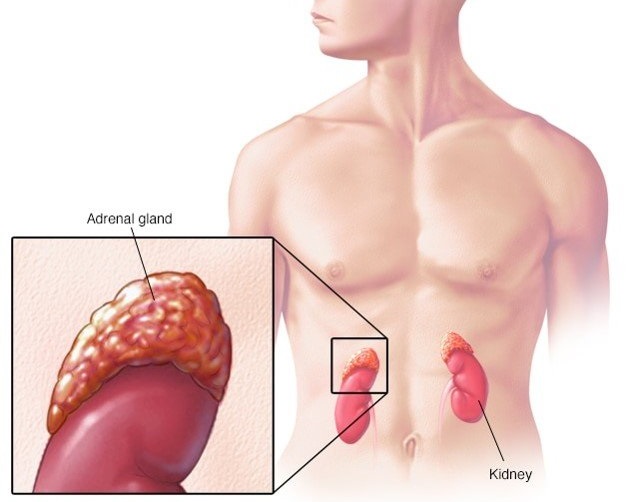What Is Congenital Adrenal Hyperplasia?
CAH occurs when genetic changes disrupt the adrenal glands’ ability to produce cortisol, aldosterone, and other hormones needed for proper body function. This hormonal imbalance can lead to challenges with growth, development, and metabolism. Most cases of CAH are identified during newborn screenings, making early medical intervention possible.
Recognizing the Symptoms
The signs of CAH vary depending on the severity of the condition, but common symptoms may include:
-
Electrolyte imbalances, which can trigger dehydration and low blood pressure
-
Differences in sexual development, particularly noticeable in infants and young children
-
Precocious puberty, or unusually early physical maturity
-
Rapid growth during childhood, sometimes followed by shorter adult height
These symptoms highlight the vital role adrenal hormones play in regulating the body’s overall balance.
Diagnosis and Early Detection
Thanks to newborn screening programs, CAH can often be diagnosed shortly after birth. Early detection reduces the risk of life-threatening complications and ensures treatment begins as soon as possible. For families, an early diagnosis provides clarity and helps guide decisions about long-term care.
Managing CAH: A Lifelong Process
Although CAH cannot be cured, it can be controlled through:
-
Hormone replacement therapy to stabilize hormone levels
-
Regular medical monitoring to adjust treatment as the child grows
-
Specialized care plans tailored to each individual’s needs
These strategies not only improve physical health but also support emotional well-being, helping individuals build confidence and resilience.
Support Beyond Medicine
Medical treatment is only one part of the journey. Families benefit from education, counseling, and access to support groups, which provide both knowledge and encouragement. Building a strong support system empowers patients and caregivers to face challenges together.
Living Well with CAH
A diagnosis of CAH does not define a person’s potential. With consistent treatment, medical guidance, and community support, individuals with CAH can enjoy normal, active lives. Their determination and adaptability serve as reminders that health challenges can be managed—and that hope and progress continue to grow.

